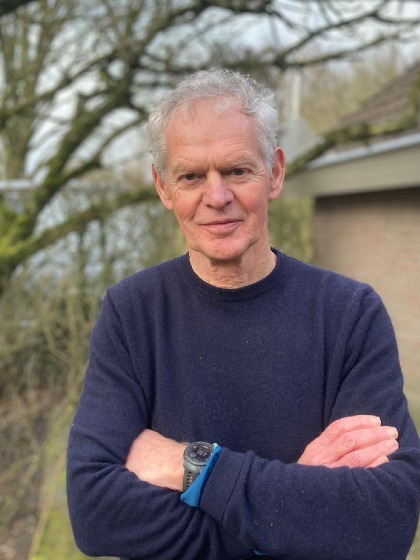prof. dr. B.P. (Barend) van Heusden
Hoogleraar emeritus

Telefoon:
050 36 36078 (Secretariaat)
E-mail:
b.p.van.heusden rug.nl
Life Imagined: the Arts in Culture
Zie voor de colleges 'Life Imagined, the Arts in Culture' de Engelstalige pagina.
Laatst gewijzigd:21 januari 2026 14:27
